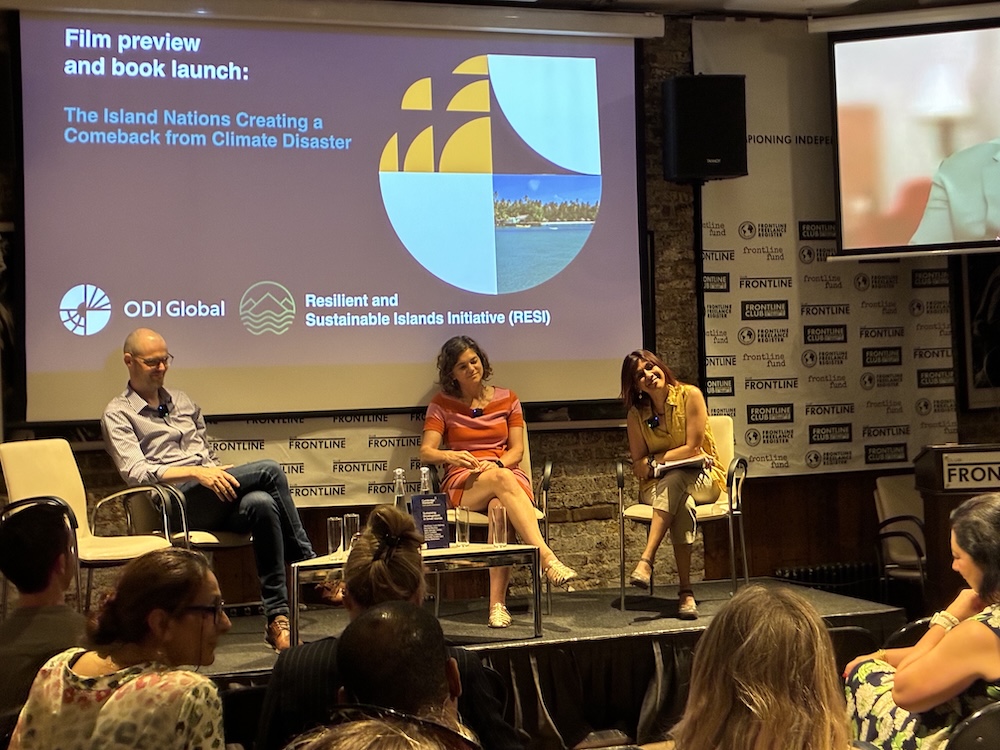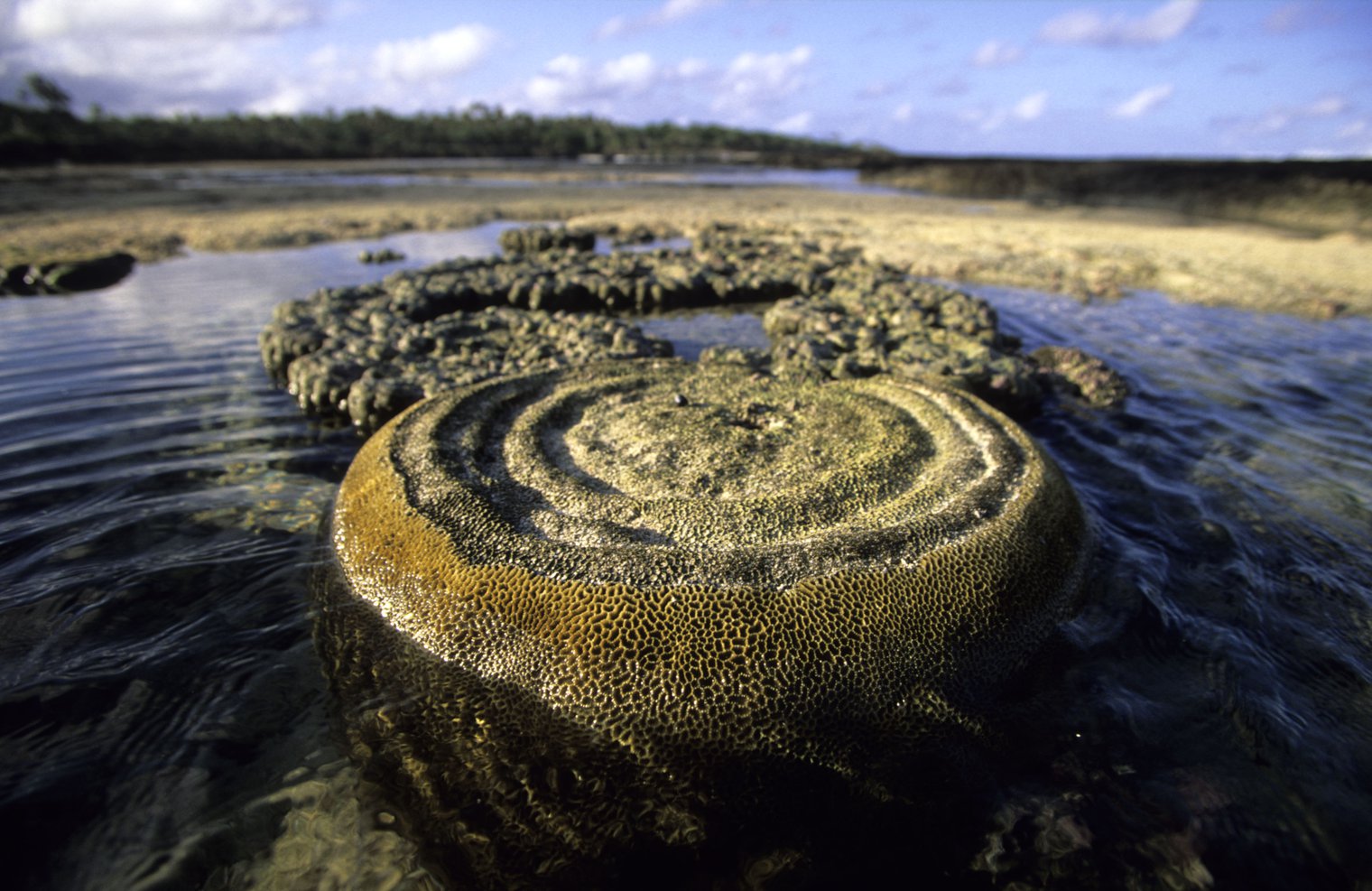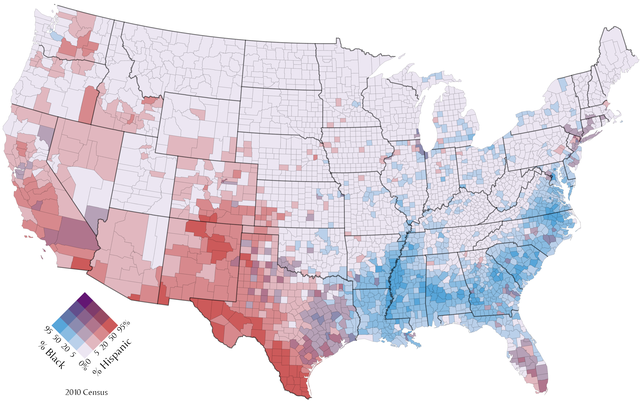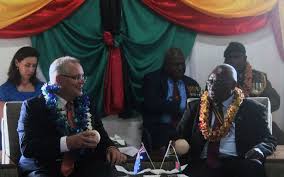How to think of Vanuatu’s appeal, the world’s first climate justice case
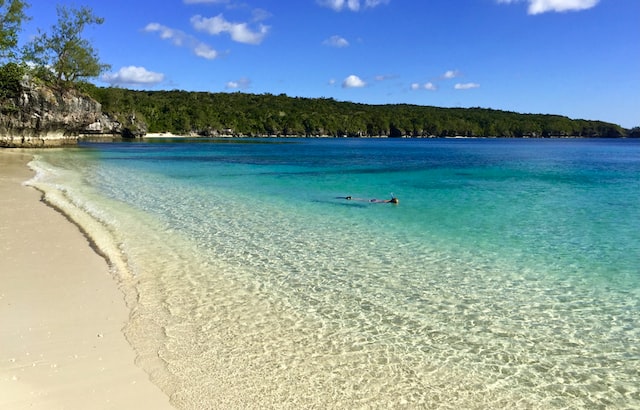
Whatever is decided in the world’s first climate justice case to be brought by a country and whatever happens afterwards, history will have been made.
Three years ago, the tiny South Pacific island nation of Vanuatu became the world’s first country to seek an advisory opinion on climate justice from the International Court of Justice (ICJ), the principal judicial organ of the United Nations. (Click here to read my openDemocracy piece.)
Specifically, Vanuatu wanted to know about the rights of its present and future generations to be protected from climate change.
Two lawyers who deal with environmental law say that the answer to Vanuatu’s question will “strike at the heart of climate justice”. Joie Chowdhury and Sébastien Duyck, both senior attorneys at the non-profit Center for International Environmental Law, say the court’s opinion will answer the following questions: “Who bears responsibility for the climate crisis and for what conduct? What is owed to those who have contributed the least to planet-warming emissions but are suffering the gravest impacts from climate harm – harm that can be traced to the policies and actions of specific states and corporations?”
Perhaps.
But will anyone be guided by the answers?
Whatever the court rules, it will not be binding.
That said, an ICJ ruling will have moral force and the case itself underlines the rising trend towards climate litigation rather than mitigation.
The jury is out on whether that’s a good thing.
[Incidentally, we discussed the upcoming ruling at an event organised by the think tank ODI Global on the resilience and sustainability of Small Islands Developing States, of which Vanuatu is one. See pix below.]